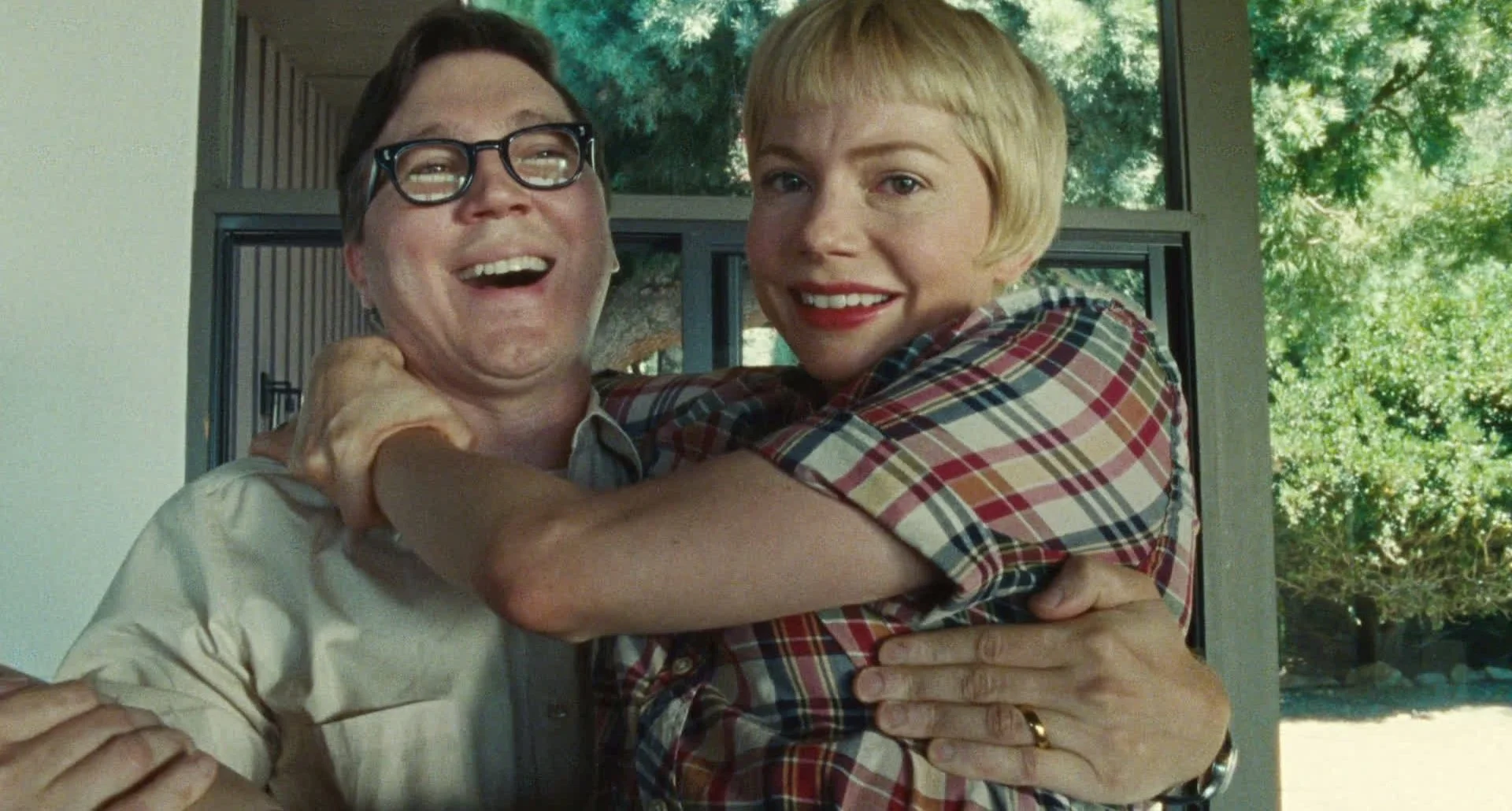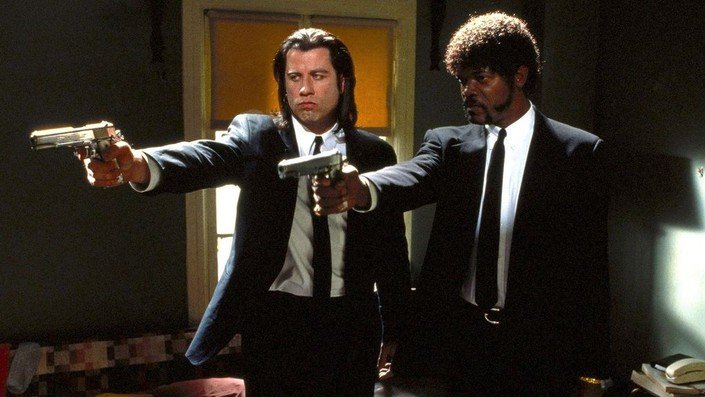
In the latest cinematic offering from the legendary Steven Spielberg, “The Fabelmans” takes us on a deeply personal journey through the director’s own formative years. This semi-autobiographical film not only showcases Spielberg’s unparalleled storytelling prowess, but also delves into the profound impact that the art of filmmaking had on shaping his identity and worldview.
At the heart of “The Fabelmans” lies the story of young Sammy Fabelman, a character inspired by Spielberg’s own childhood experiences. Played with remarkable nuance by Gabriel LaBelle, Sammy is a budding filmmaker whose passion for the moving image is ignited after witnessing a captivating scene from “The Greatest Show on Earth.” Armed with a camera, Sammy embarks on a quest to recreate and explore the power of cinema, a journey that ultimately leads him to confront the complexities of his family’s dynamics and the personal secrets that lie beneath the surface.
A Family Saga with Depth
While “The Fabelmans” could have easily fallen into the trappings of a traditional family drama, Spielberg’s masterful touch elevates the narrative to a level of depth and complexity that is truly remarkable. The film seamlessly blends the personal journey of Sammy with the broader societal and cultural forces that shape his experiences, creating a rich tapestry that resonates on multiple levels.
One of the standout aspects of the film is the way it tackles the issue of the Fabelman family’s constant relocation, a common occurrence for many families in the 1950s and 1960s due to the demands of the industry. This “road movie” aspect of the story adds a sense of instability and uncertainty to the characters’ lives, mirroring the emotional turmoil that often accompanies such upheaval.
Equally compelling is the film’s exploration of the Fabelman family’s Jewish heritage and the impact of antisemitism on their experiences. Spielberg masterfully weaves these themes into the narrative, creating a nuanced portrayal of the challenges faced by the family and the ways in which their identity shapes their worldview.
A Stellar Cast Brings the Story to Life
The success of “The Fabelmans” is not only a testament to Spielberg’s directorial prowess but also to the exceptional performances delivered by the ensemble cast. Michelle Williams, in what many consider her career-best performance, portrays Mitzi Fabelman, the family matriarch, with a captivating blend of mystery, passion, and emotional depth.
Equally impressive is the work of Paul Dano as Burt Fabelman, the father figure who struggles to reconcile his own ambitions and the demands of his family. Dano’s nuanced portrayal of a man torn between his responsibilities and his personal desires adds a layer of complexity to the family dynamics.
The supporting cast, including Seth Rogen as the family friend Benny and the young Gabriel LaBelle as the aspiring filmmaker Sammy, also deliver standout performances that contribute to the film’s overall richness and authenticity.
Celebrating the Magic of Cinema
At its core, “The Fabelmans” is a love letter to the art of filmmaking, a celebration of the transformative power of the moving image. Spielberg’s own passion for cinema shines through in the way he meticulously crafts the film’s visual language, seamlessly blending personal experiences with cinematic references and techniques.
The film’s exploration of the relationship between Sammy and the movies he creates is particularly captivating. Spielberg masterfully weaves the character’s personal journey with his evolving understanding of the medium, creating a rich tapestry of themes that explore the ways in which cinema can shape identity, confront personal demons, and even serve as a means of escape.
One of the most striking aspects of “The Fabelmans” is the way it subverts the traditional tropes of the “cinema as salvation” narrative. While the film acknowledges the power of the moving image to inspire and transform, it also delves into the complexities and potential pitfalls of such an obsession. Spielberg’s nuanced approach to this theme adds depth and authenticity to the overall experience.
A Cinematic Masterclass
In many ways, “The Fabelmans” represents a culmination of Spielberg’s cinematic mastery, a film that seamlessly blends his signature storytelling style with a deeply personal exploration of his own formative years. The director’s keen eye for visual storytelling, combined with the exceptional performances of the cast, creates a cinematic experience that is both emotionally resonant and intellectually engaging.
The film’s technical achievements are equally impressive, with the collaboration between Spielberg and his longtime collaborator, composer John Williams, once again proving to be a formidable creative partnership. The film’s score, which is deeply intertwined with the character of Mitzi Fabelman and her own musical passions, adds an additional layer of emotional depth to the narrative.
Similarly, the film’s cinematography, helmed by Janusz Kamiński, is a masterclass in visual storytelling. The way the camera captures the intimate moments of the Fabelman family, as well as the grand, sweeping vistas that serve as the backdrop to their journey, is nothing short of breathtaking.
A Lasting Legacy
In the end, “The Fabelmans” stands as a testament to Spielberg’s enduring legacy as one of the greatest filmmakers of our time. The film not only offers a deeply personal glimpse into the director’s own formative experiences, but also serves as a powerful meditation on the transformative power of cinema and the ways in which it can shape our understanding of the world around us.
As Spielberg himself has noted, the film’s exploration of the relationship between the individual and the moving image is a theme that has long been central to his work. In “The Fabelmans,” he has crafted a masterpiece that not only resonates with audiences on a personal level but also serves as a timeless reflection on the art of storytelling and the enduring magic of the cinema.
For those who have followed Spielberg’s career, “The Fabelmans” offers a unique opportunity to delve deeper into the director’s creative process and the personal experiences that have shaped his artistic vision. And for those new to Spielberg’s work, the film serves as a powerful introduction to the director’s unparalleled talent and the enduring impact of his cinematic legacy.
Whether you’re a lifelong fan of Spielberg or a newcomer to his work, “The Fabelmans” is a must-see cinematic experience that will leave a lasting impression. It is a film that celebrates the power of the moving image, the complexities of family, and the enduring magic of the cinema. As Spielberg himself has said, “The Fabelmans” is a film that “will make you laugh, and it will make you cry.” And in doing so, it solidifies the director’s place as one of the true masters of the medium.


